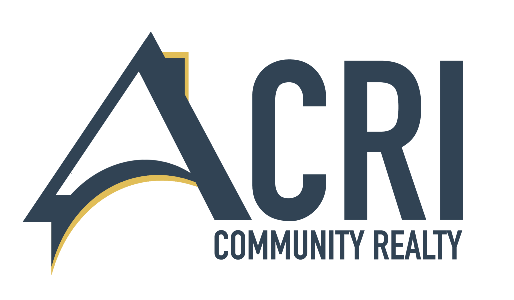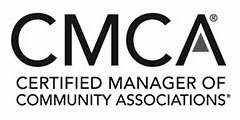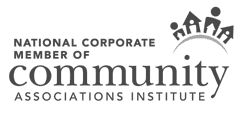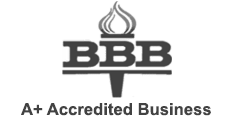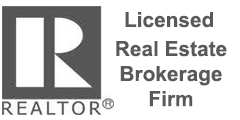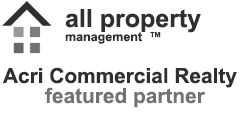Regardless of whether the HOA governs a building, such as a condo or a townhome structure, or a neighborhood of individual houses, HOA fees help maintain the quality of life for the community’s residents and protect property values for all owners.
Each Association has present and future obligations defined by its governing documents. With brand new properties, Declarants may have the objective to keep capital contributions and dues low and to tout maintenance free living to sell units.
New, volunteer boards don’t know the extent of what they are responsible for, and often don’t have all the information or enough history to make informed decisions. And boards of established associations face the issues of maintaining and fixing older infrastructure.
Due to the fact that multiple parties live in the same building or complex, all residents of single family homes, condominiums and townhomes must be equally responsible for maintaining the common areas such as:
-
- landscaping
- elevators
- swimming pools
- clubhouses and fitness rooms
- parking garages
- Tot Lots
- sidewalks
- security gates
- roofing
- building exteriors
The big dilemma facing Boards is “Do owners pay ahead, pay when expenses arise or borrow when expenses arise and pay later?
1. What are dues and capital contributions by homeowners supposed to cover?
-
-
- Current expenses, like insurance, management fees, snow plowing, grass cutting, the operation of common area and amenities like clubhouses, pools, and playgrounds (as detailed in governing documents)
- Future Obligations, like replacement of streets, sidewalks, amenities, and all other obligations described in governing documents.
-
2. What are Reserve Funds?
Reserve funds are designed to cover future expenses when they are predicted to be needed. For example, if a roof will last 20 years and cost $240,000 to replace, the Association needs $12,000 a year or $1,000 a month to go into reserves to be ready for that replacement. (Remember to adjust for interest and inflation)
-
-
- Reserve studies, performed by experienced experts, review every future obligation and apply reasonable assumptions to determine whether enough money is in reserve to meet those costs.
- Many developers short the reserves while many startup boards don’t realize it, thusly creating shortages.
- Shortages often times lead to Special Assessments.
-
3. What is a Special Assessment?
When associations don’t have reserves to cover required repairs, one-time special assessments are used to fill the gap.
-
-
- If reserves are short and repairs are needed, special assessments are around the corner.
- Reserve studies answer the questions, but only the association board can make the right assessment decisions.
- In many cases owners planning to sell want to kick the can until after they sell, leaving new buyers holding the bag.
- Pending special assessments can adversely affect property values.
-
4. Can the Association secure loans?
Many people may be surprised to know that in Pennsylvania, Unit Property Act Associations, and older Uniform Condominium Act associations formed from 1950-1980 usually have no power to borrow.
-
- Associations documents control whether mortgages on common ground or pledges of current reserves and/or future dues can be used to secure an association’s promise to pay.
- Some lenders want owners to jointly and severally guarantee repayment.
- Many governing documents require an amendment to meet lenders’ requirements to loan.
- Outstanding loan obligations affect property values
Rinaldo Acri Says: “The best thing to do when you are uncertain is to get a reserve study that assesses the life-cycle and replacement costs of common areas and community amenities. From there you can make an informed decision on how to plan for the future.”
